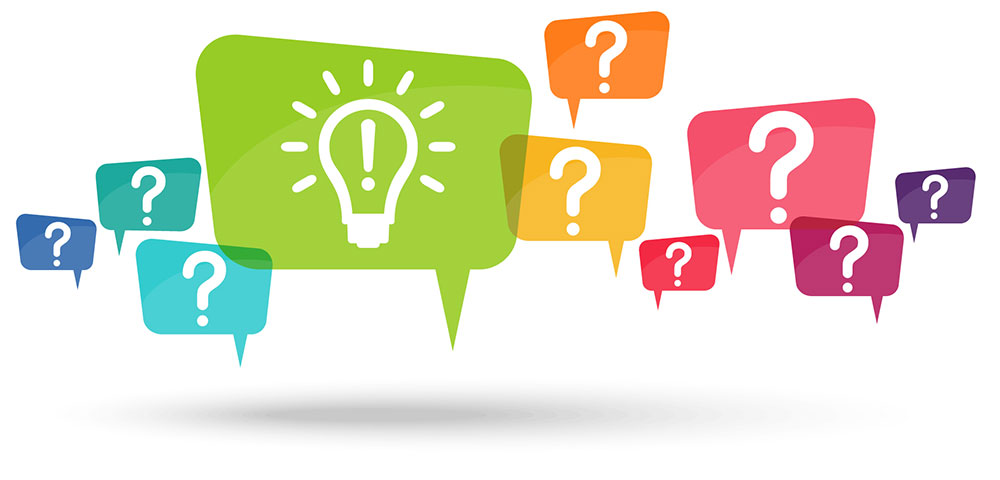

Unlike in a classroom setting, tutors can tailor their instruction to meet each individual child’s need. Instead of getting stuck and feeling lost in class, a student can work with their tutor to identify and address gaps in understanding and then quickly move forward. Even more powerful is the ability for great tutors to connect with students and build close personal relationships – relationships that can lift students up.
Of course learning and knowledge matter, but the journey towards both require meaningful relationships. When a tutor believes in a student, cares about a student, invests in a student, great things happen. At its heart, learning connects humans, in the moment and across time and space. Great tutors feel this deeply.
By asking exploratory questions, great tutors are able to quickly identify gaps in a student’s understanding. By asking challenging questions, they can get a student to question their assumptions and correct errors on their own. By asking relational questions, they encourage a student to think about differences and similarities critical to developing deeper understanding. By asking summarizing questions, great tutors check for understanding to ensure a student is on track.

Often a student struggles because of a lack of confidence, not a lack in understanding the material. By providing a safe place where failure and mistakes aren’t only encouraged but celebrated, great tutors help make mistakes a completely normal part of learning. The recognition that productive struggle is central to learning is at the heart of what we mean when we say fostering a growth mindset.
A skilled instructor knows the concepts that a student needs to master in order to build a solid foundation. That is the science of learning. The art of learning is the art of assessing students. Assessing doesn’t have to mean taking a test. It is a method that an instructor uses to gather data they need to understand where a student is and help them get where they are going. When this is done well, it not only provides tutors with data on a student’s performance but also increases the student’s agency over their learning.
